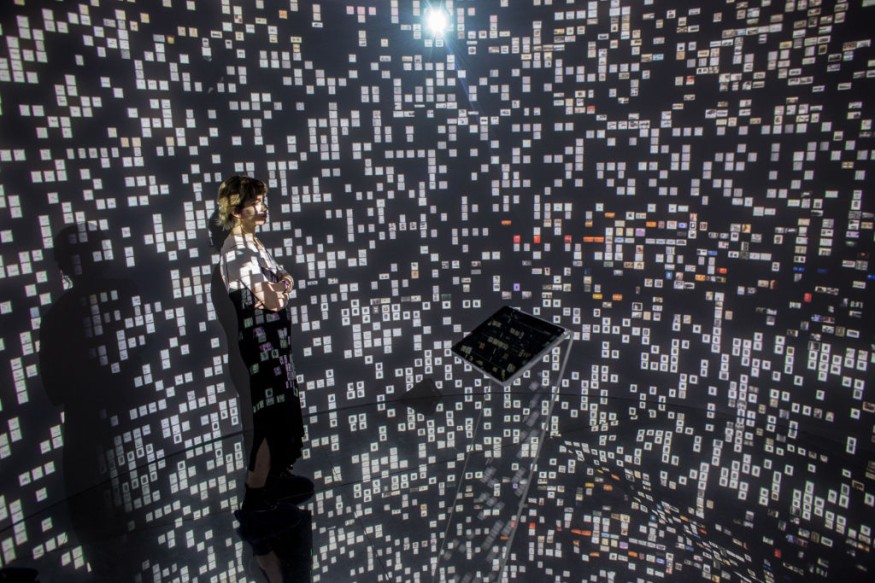A study by Kyoto University researchers said that haiku poems written by amateur poets and artificial intelligence received higher ratings than those written by well-known poets in the Japanese poem genre.
According to the researchers (per Nippon), it is feasible for AI and humans to collaborate to produce a more imaginative kind of art.

Artificial Intelligence vs. Humans: Who Writes Haiku Better?
Forbes said researchers from Kyoto University put it to the test by having hundreds of volunteers read and evaluate haiku poetry. Here's where things got interesting: the participants had to say whether they believed the poetry had been authored by humans or by an AI.
In this experiment, there were eighty separate haikus, forty of which were composed wholly by human poets and forty of which were created by artificial intelligence (AI). However, the researchers divided the AI-generated haikus into two groups: half (20) were fully made by AI, and the remaining had some human input since they understood that the quality of AI poetry might be enhanced by letting humans choose the AI-generated aspects.
When the volunteers reviewed the poems, they had yet to learn which ones human poets authored, which ones that AI made, or which both humans and AIs did. The haikus created by an AI and subsequently chosen by humans received higher ratings for aesthetic appeal than those that poets authored. This shows that humans and AI working together might produce haikus that are more engaging than those produced by humans alone.
AI-Human Collab Possible?
The volunteers categorized the poems into those they believed were penned by humans, and AI created those they believed. That was intriguing since it helped identify any biases the participants may have had.
"They were supposed to be unbiased but instead became influenced by a kind of reverse psychology," study leader Yoshiyuki Ueda told Kyoto University. "They tended to give lower scores to those they felt unconsciously were AI-generated."
Despite this, the AI poems performed at least as well as those written by humans since it was exceedingly difficult for people to determine whether a haiku was produced by an AI or not.
It won't be as difficult to identify which haikus are artificially generated if they are written in English, but in this case, as well, there is room for human intervention to enhance the output and only choose those that are structurally sound. Poets may incorporate AI in their writing in a variety of entertaining and inventive ways someday.
RELATED ARTICLE : Google's LaMDA AI Chatbot Can Perceive and Feel Like a 7-8 Year Old, Engineer Says Tool Feared of Being Shutdown
Check out more news and information on Artificial Intelligence in Science Times.
© 2026 ScienceTimes.com All rights reserved. Do not reproduce without permission. The window to the world of Science Times.












